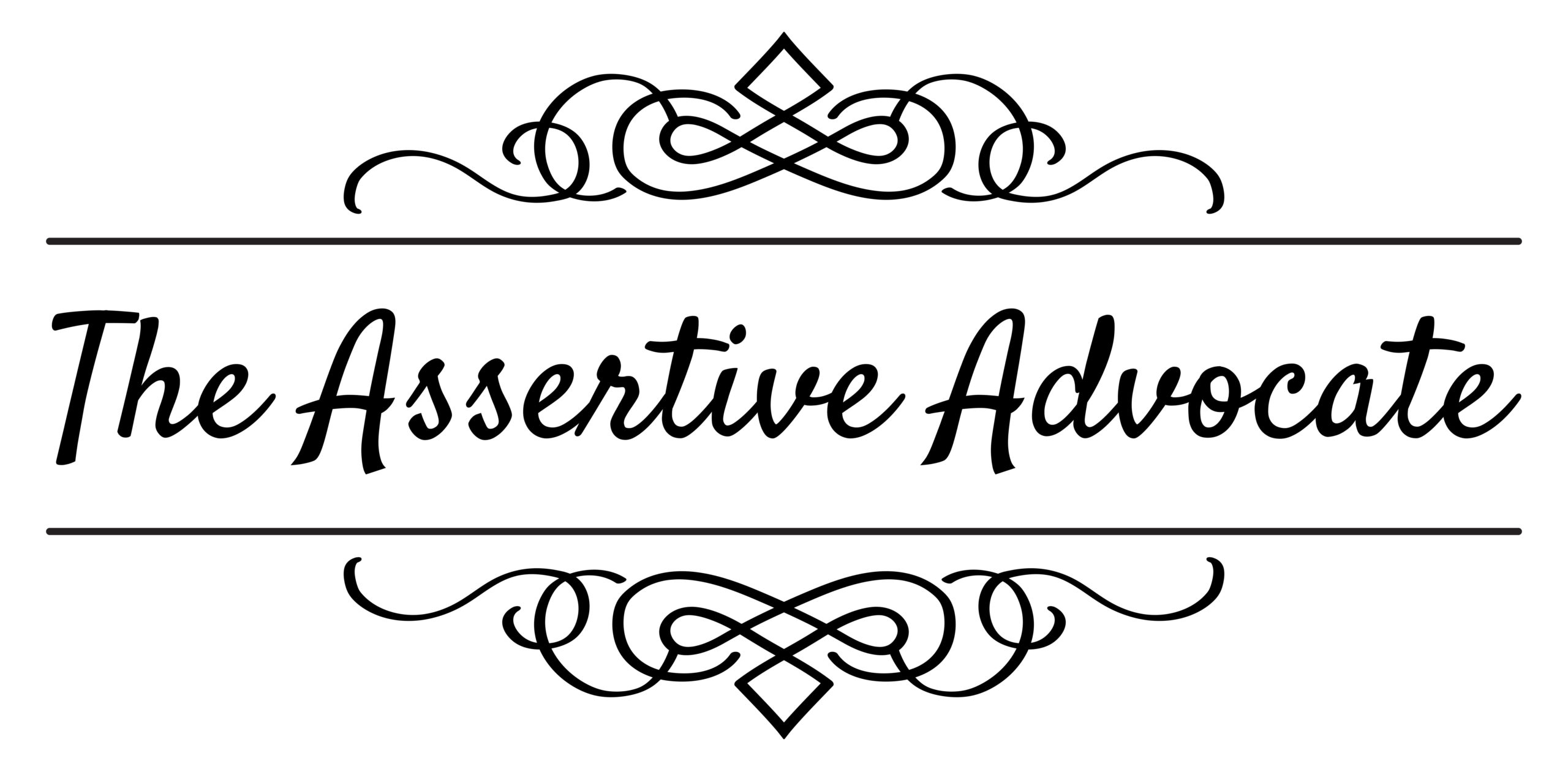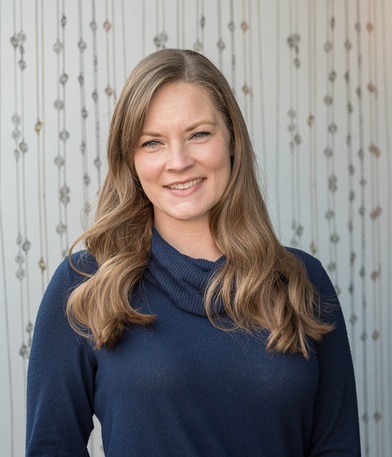I am a careful planner. Communication, information, and details make me happy. You’d think all of that is because I’m a control freak (maybe I am?), but I don’t see it that way. I like to be prepared; to have a plan. I like to let others know what that plan is, and, if possible, I like to include them in the process. It doesn’t always have to be my way, but most of the time it is because I’m the only one who wants to do the planning- ha!

I always say there are two things we can count on in life: we will all die someday and we can expect change. Everything changes and some things change faster and more frequently than others. Most of the time, my best laid plans are modified on the run because of constant change. I can’t control every variable or any person’s behavior, but if I already have a plan in place, it is easier to adapt when things get chaotic. Even though I can’t control anything or anyone, I CAN control my own attitude and reaction when things don’t go according to plan. I try REALLY hard not to get upset when things change; I definitely don’t get it right all the time. Anyone ever heard of covid??

My life is constant chaos and most, if not all, of you can relate. My husband, Riley, and I both work full-time and I travel some for my job. Both of my kids play sports and are in other activities. Game days and practices overlap many times, which means we have to divide and conquer. I am also a youth group leader and Sunday school teacher at our church. Sprinkle in family gatherings, other meetings, medical appointments, friendships, housework, yardwork, quality time with each family member, quiet time & prayer, writing blog posts, working out… The list goes on and on. For me, it can be overwhelming. I write the list and stare at it. Sometimes I don’t know where to start, so I just don’t and find some kind of diversion to numb my brain and quell the panic. Have I mentioned how much I LOVE funny Instagram reels?
As much as I love laughing at the expense of others, I realize it isn’t healthy to numb my brain. My kids are watching me and I don’t want them to think that’s normal and something they should do too. While they are young, it’s important to teach them to be good stewards of their time and resources. They need to know how to be flexible when things don’t go the way they want and how to deal with the disappointment of those situations with integrity and self-control. It is also important for them to learn to be good communicators and listeners. Our job as their parents is to teach these vital skills and characteristics. One of the tools we use in our home is family meetings.
How to Implement Family Meetings
In my post, Family is Where the Heart Is, I discussed the need to create a family culture in our home. This meant setting rules and expectations and communicating them effectively with all family members. To do this, we established weekly family meetings. We referred to the book, “The Entitlement Trap: How to Rescue Your Child with a New Family System of Choosing, Earning, and Ownership” by Richard and Linda Eyre. We used it as a guide to start something that worked for us and was comfortable.
Time, Place, and Duration
We picked a day and time we thought would most likely find us at home so that our meetings would be consistent and become a routine. Sunday afternoon at 3:00 pm seemed to fit the bill and the dining room became our conference room. We contemplated sitting in the living room where we would be more comfortable, but thought it might get TOO comfortable. We didn’t need any impromptu naps- that would be counterproductive to the mission! The meeting length depended on what was on our agenda, but we tried to keep it to a maximum of a half hour in the earlier days. Hannah and Alex were very young and we all know what it’s like getting a three-year-old to sit still! As the kids grow and our agenda becomes more diverse and complex, meetings sometimes last longer. We mostly just go with the flow and feel of the group.

Snacks
In their book, the Eyres suggested having snacks and I saw value in that idea. Our kids were young and snacks were a big deal, so we let them be a big deal. Side note- they were a big deal because I don’t believe in letting kids have snacks whenever they want. I didn’t want them eating a lot of processed junk. I also wanted them to have healthy appetites for mealtime, which meant more willingness to try new foods. Yep- I’m that mom!
Before the meeting, we let them each pick whatever they wanted and they got to eat while we talked. We kept a variety of different snacks on hand, which made the kids excited for family meeting time. The constant motion of hand-to-mouth kept us all awake and attentive also. Well, awake anyway! It seems silly to have a whole section on snacks, but they were definitely important to the success of our meetings in the early days.

Format and Content
Before we began having meetings, I bought a notebook to keep track of our agendas and to take notes. I wasn’t sure exactly what to talk about, but I figured it would be easier to stay on task if we wrote it out and had something to follow. We didn’t know where to start or how much to pack in either. The meetings wouldn’t be meaningful and productive if there was too much content or if it was too mature for the kids. Again, we looked to the Eyre’s book. It talked about beginning the meeting with song and prayer. We were ok with prayer, but not singing- not our cup of tea! It also talked about schedules, “gripe” sessions, and “value” lessons. We started with a few things here, added and took away there, and just tried to be flexible. Over time, we settled on a consistent format that seemed to work for us:
- Prayer for our time together
- Schedule for the week
- Things the kids want to discuss
- Things the parents want to discuss
- Family Mission
- Review/follow-up from previous meeting, as applicable
- Extras
We spent several of the first meetings introducing different parts of our family culture and establishing rules and expectations. As time went on and we had less to establish, we’d teach Sunday school lessons, reviewed and refined different parts of our family culture, discussed major events coming up, and played family games. We let the kids participate and lead prayer and Riley and I took turns leading the meetings. Here is what we hoped to accomplish:
- To establish and develop open communication between parents and kids
- To introduce forward thinking
- To inform the kids of what was happening in our house and lives
- To introduce a neutral space that would allow the kids to express concerns and openly discuss them without a fight
- To allow the kids to be involved in family decisions and help them feel heard, important, and appreciated

Final Thoughts
We’ve had some great meetings over the years with insightful discussions, plenty of laughs, and a few awkward moments. It’s fun to go back through our meeting notes to see what we’ve discussed. There are clear patterns of struggle and concern, moments of clarity, and times of change throughout and it’s fun to talk about them with the kids. Years later, they remember key points from random meetings that I never thought they picked up on. They’re always listening and processing, even when we don’t think they are.
I don’t want to mislead you- we were very consistent with our meetings for the first 2 years, but when the kids started doing more activities, we became less consistent. We even stopped doing them during covid; I’m not really sure why. We are working our way back into them, but we still aren’t completely consistent. I tell you this, not because I think it’s fine to skip meetings, but because you should know there will be seasons where consistency isn’t as easy. It’s fine- just keep working at it.
Lastly, one of the most important things we’ve impressed upon the kids is that as the parents, we have the final say about everything. Even though we encourage the kids to take an active part in the meetings and let them express themselves, we know what is best for the family. That doesn’t mean we don’t take what they say into consideration; we do. But, as adults, we have more knowledge and experience that allow us to make better decisions. We take the time to discuss our reasoning with them and rarely use the phrase “because I said so.” Most of the time, they understand our reasoning and agree with us in the end. I believe this creates a sense of safety and security for them. They know we are always trying to do what’s best for them. Even when they don’t agree in the moment, they can be confident our decisions are for the benefit of all and not us just trying to ruin their lives.
















